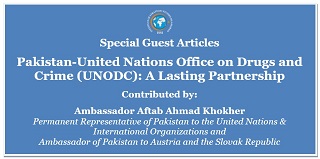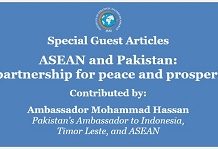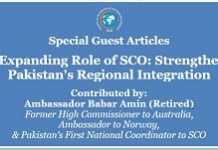Established in 1977 and headquartered in Vienna, the United Nations Office on Drugs and Crime (UNODC) is the main UN body on matters related to the global fight against drugs and transnational organized crime. With thematic areas ranging from corruption to cybercrime and drug trafficking to money laundering and terrorism, UNODC serves as a central hub for promoting international collaboration to combat these challenges. UNODC assists UN membership, inter alia, through its research and analytical work in relation to various aspects of drugs, crime, and terrorism prevention, providing normative support and technical advice and undertaking capacity-building initiatives at global, regional and national levels.
UNODC also has a critical role in its capacity as Secretariat of the two important functional Commissions of the UN Economic and Social Council (ECOSOC), namely the Commission on Narcotic Drugs (CND) and the Commission on Crime Prevention and Criminal Justice (CCPCJ). The Office maintains a field presence in different regions of the world, including in Islamabad. UNODC also serves as Secretariat to the two international legal instruments in the area of corruption and transnational organized crime, namely the UN Convention against Corruption (UNCAC) and the UN Convention against Transnational Organized Crime (UNTOC).
UNODC and Pakistan
Pakistan’s collaboration with the UNODC is firmly grounded in its commitment to international conventions and agreements related to crime prevention, drug control, and terrorism. The establishment of UNODC and its mandate to assist member states in combating transnational challenges provided a framework for joint efforts. Pakistan’s commitment to addressing these issues through international cooperation set the stage for fruitful collaboration with UNODC.















